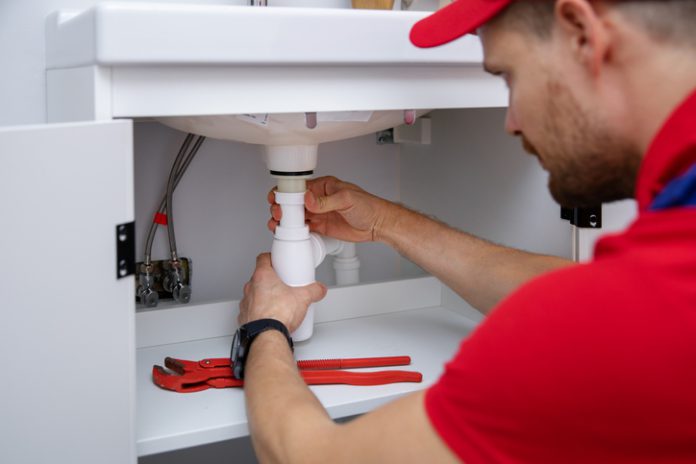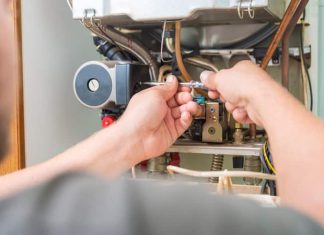Maintaining clean and free-flowing drains is essential for the proper functioning of your plumbing system. Over time, debris, grease, hair, and other substances can accumulate in your drains, leading to clogs and potential plumbing issues. Regular drain cleaning from professional organizations, such as from a heating company, can help prevent blockages and ensure the smooth operation of your pipes.
Learn more and discuss how often you should clean your drains to maintain a healthy plumbing system.
Factors Affecting Drain Cleaning Frequency
The frequency at which you should clean your drains can vary depending on several factors. Consider the following aspects when determining how often you need to clean your drains:
- Usage: The more frequently you use your drains, the more quickly they can become clogged. Kitchens and bathrooms, which experience higher usage, often require more frequent drain cleaning compared to drains in less-used areas of the house.
- Type of Drain: Different drains in your home serve different purposes and accumulate different types of debris. Kitchen drains are prone to grease and food particles, while bathroom drains can become clogged with hair, soap scum, and other residues. The specific type of drain and its usage will impact the cleaning frequency.
- Signs of Drain Issues: Pay attention to any signs of drain problems, such as slow drainage, gurgling sounds, or unpleasant odours. These indications may signal the need for immediate drain cleaning.
- External Factors: Environmental factors, such as hard water or the presence of trees and roots near your sewer lines, can also affect the frequency of drain cleaning. These external factors may increase the likelihood of clogs and require more regular maintenance.
Recommended Drain Cleaning Schedule
While the ideal frequency of drain cleaning can vary based on the factors mentioned above, it is generally recommended to follow a preventive maintenance schedule to keep your drains in good condition. Consider the following guidelines:
- Kitchen Drains: Kitchen drains are exposed to grease, oil, and food waste regularly, making them susceptible to clogs. To prevent build-up and maintain the smooth flow of water, it is advisable to clean kitchen drains every 1-2 months. This can involve using natural drain cleaners or a mixture of hot water and vinegar to flush out any accumulated debris.
- Bathroom Drains: Bathroom drains, including those in the sink, shower, and bathtub, can easily become clogged due to hair, soap residue, and mineral deposits. Regular cleaning every 1-3 months is recommended to prevent blockages. You can use a plunger or a mixture of baking soda and vinegar followed by hot water to keep these drains clean.
- Toilet Drains: Toilets should be cleaned more frequently than other drains to prevent the accumulation of waste and potential clogs. Regular drain cleaning every 1-2 weeks using a toilet brush and appropriate cleaning products will help maintain a hygienic and functional toilet drain.
- Outdoor Drains: If you have outdoor drains, such as those for rainwater or yard drainage, it is crucial to clean them at least twice a year. These drains can accumulate leaves, dirt, and debris, which can lead to blockages and water pooling if not properly maintained.
Professional Drain Cleaning
While regular DIY drain cleaning can help prevent clogs and keep your drains flowing smoothly, it is also recommended to seek professional drain cleaning services periodically. Professional plumbers have specialized tools and techniques to thoroughly clean your drains, removing stubborn clogs and build-up that may not be easily addressed with home remedies.
It is advisable to schedule professional drain cleaning by way of companies that can include your local heating company at least every 1-2 years, depending on the condition of your plumbing system. This preventive maintenance will help identify any potential issues and ensure the long-term health of your drains.
Conclusion
Maintaining clean and functioning drains is essential for a healthy plumbing system. While the frequency of drain cleaning can vary based on factors such as usage, type of drain, signs of issues, and external factors, it is recommended to follow a preventive maintenance schedule. Regular DIY cleaning of kitchen drains, bathroom drains, and toilet drains, along with periodic professional drain cleaning, will help prevent clogs and maintain the smooth flow of water. By taking proactive measures to keep your drains clean, you can avoid costly plumbing repairs and ensure the efficient operation of your home’s plumbing system.













